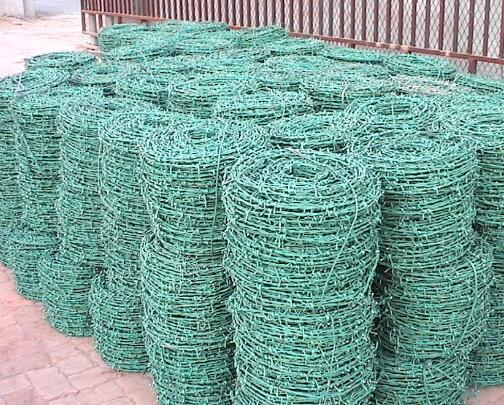Understanding Different Types of Drywall Screws
When it comes to drywall installation, selecting the right screws is a crucial step that can affect the quality and longevity of the work. Drywall screws come in various types, designed to meet specific needs and applications. Here, we’ll delve into the different types of drywall screws, their characteristics, and their uses.
1. Standard Drywall Screws
Standard drywall screws are typically made from steel with a black phosphate coating that resists rust and corrosion. These screws have a sharp point, known as a bugle head, which helps them penetrate the drywall easily without splitting it. Their design features coarse threads for effective grip in the paper and a sharp, self-tapping point. Standard drywall screws are ideal for attaching drywall to wooden or metal studs.
2. Coarse Thread Drywall Screws
Coarse thread drywall screws are often used with softwood framing materials. These screws have large, spaced-out threads that provide superior holding power when used in softer materials like pine or plywood. The coarse design helps to maintain a firm grip, preventing the screw from stripping out the wood. This makes them a popular choice for basement renovations or projects where strong fastening is necessary.
drywall screw types

Fine thread drywall screws are designed for use with metal studs or drywall systems. The finer threads allow for easier insertion into metal, reducing the risk of damage and ensuring a tighter fit. Fine thread screws are often favored in commercial environments where steel studs are commonly used, as they provide a more secure hold compared to coarse-threaded alternatives in these applications.
4. Drywall Screws for Specialty Applications
In addition to standard coarse and fine thread screws, there are specialty drywall screws designed for unique applications. For example, some screws come with a reinforced head to prevent snapping during installation. Others feature corrosion-resistant coatings, making them suitable for high-humidity environments, such as bathrooms or kitchens. These specialty screws ensure that drywall installations can withstand different environmental conditions.
5. Length and Size Variations
Drywall screws come in various lengths, typically ranging from 1” to 3”. The size you choose often depends on the thickness of the drywall being used. For half-inch drywall, a 1 1/4” screw is commonly used, while thicker panels might require longer screws. Choosing the correct length is essential to ensure that the screws fully engage the stud without protruding from the other side.
Conclusion
When embarking on a drywall installation project, understanding the types of drywall screws available is essential. From standard screws to coarse and fine thread options, each type serves a specific purpose based on the materials being used and the environment of the project. By selecting the right screw type, you can enhance the durability and quality of your drywall installation, ensuring a finished product that stands the test of time. Whether you are a DIY enthusiast or a professional contractor, having the proper knowledge of drywall screw types will help you achieve the best results.

















